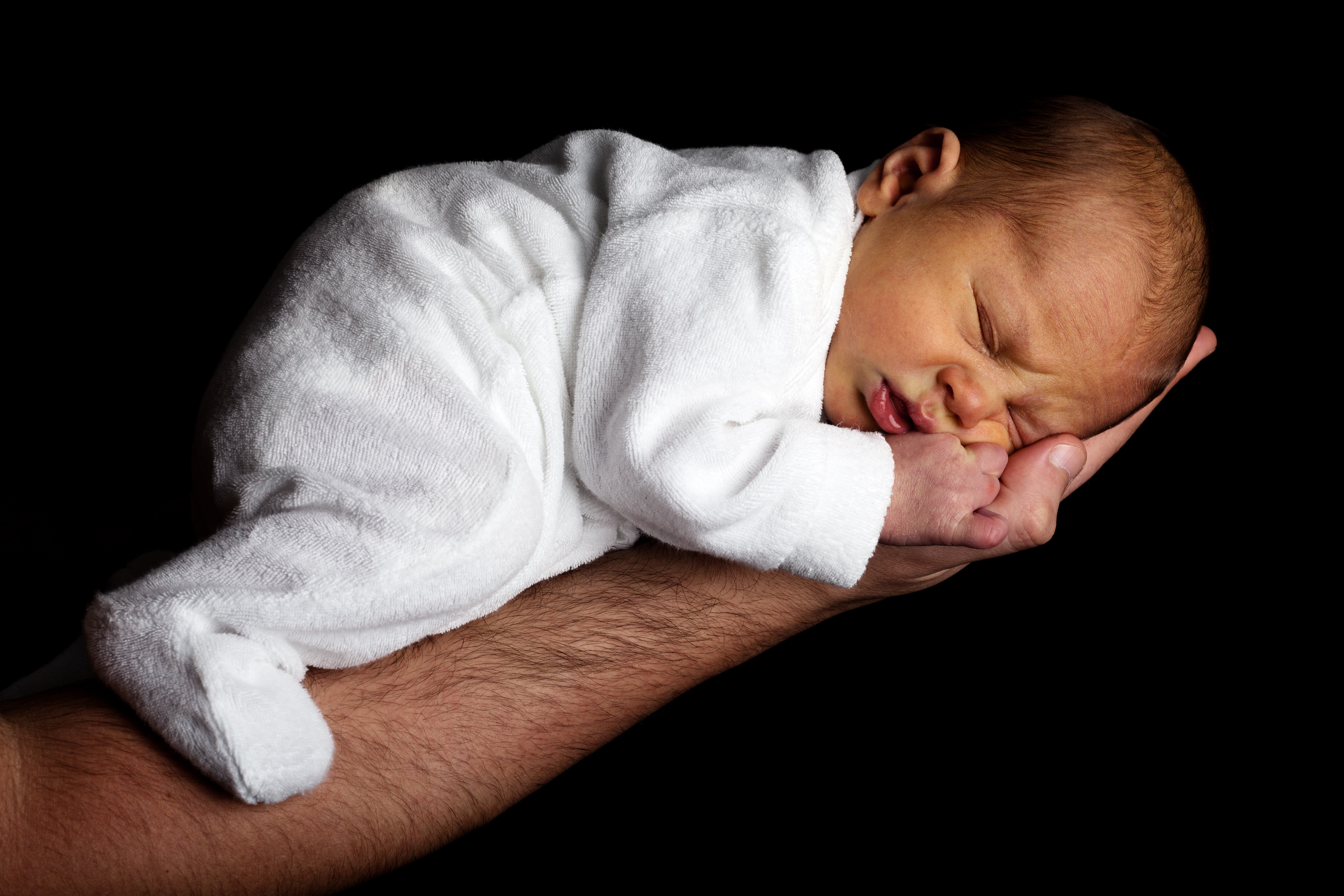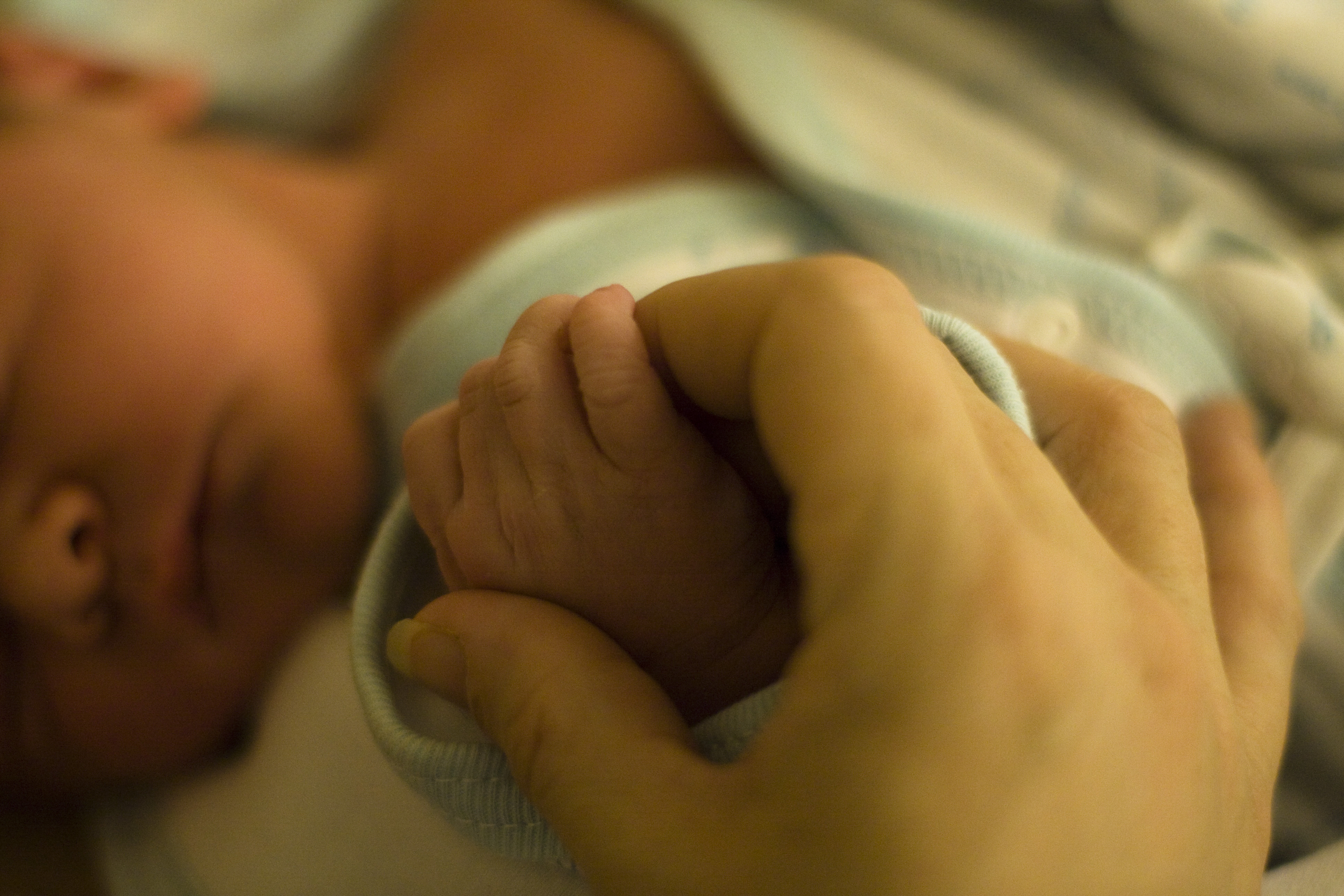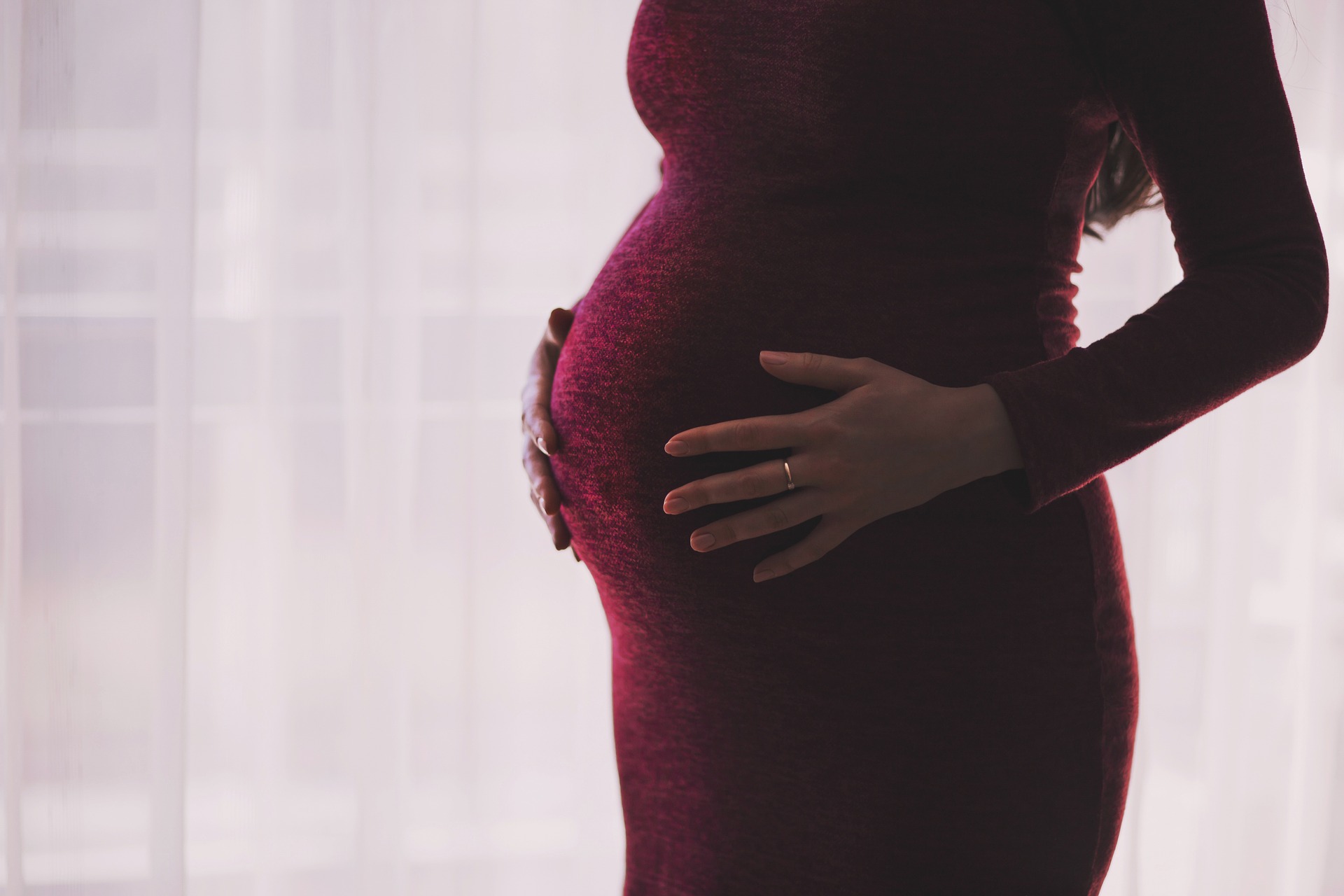Almost three-quarters of maternity units are denying women the right to choose a Caesarean in delivering their babies, according to new research.
Birthrights, whose work focuses on protecting and promoting human rights in childbirth is campaigning for “every trust embracing the human rights principle that every woman has the right to make an informed choice over what happens to her body during pregnancy and birth.”
Their findings are at odds with National Institute for Health and Care Excellence (NICE) guidelines which state, ‘For women requesting a caesarean section, if, after discussions and offer of support… a vaginal birth is still not an acceptable option. (Trusts should) offer a planned caesarean section.’
Birthrights’ report Maternal Request Caesarean has revealed that many Trusts often make the process of requesting a caesarean lengthy, difficult or inconsistent, causing pregnant women unnecessary anxiety and distress.
And pregnant women in some regions who request the procedure have been told to go elsewhere.
The Right of Choosing the Circumstances of Becoming a Parent

Women have a human right to a private and family life. This is protected by Article 8 of the Human Rights Convention, which covers childbirth and includes “the right of choosing the circumstances of becoming a parent.”
This right to choose is qualified, which means there can be limitations on it, but these must be properly justified. Whilst the right to a Caesarean method of child delivery isn’t specifically protected by law, a woman can expect the right to make informed decisions about her care.
Rebecca Schiller, chief executive of Birthrights, outlines why the right to request a Caesarean is important. “The women we support have endured previously traumatic births, physical ill-health, childhood sexual abuse or have carefully examined the evidence available, and made informed decisions.”
“Women requesting caesareans meet judgmental attitudes, barriers and disrespect more often than they find compassion and support.”
It could be incompatible with human rights law
– Maria Booker, Birthrights
Birthrights Programme Director Maria Booker adds: ‘Trusts are bound by human rights duties to offer individualised care. Any statement or policy from a Trust that caesarean would only be granted on medical grounds may be incompatible with Trusts’ obligations. If such a policy is then applied in a blanket way then it could be incompatible with human rights law.’
The refusal of requests for Caesarans is also at odds with the right to dignity, which in theory should be applied to healthcare.
Only 26% of Trusts are Acting in Line with NICE best-practice

The Birthrights report shows that nearly three quarters of NHS Trusts do not have written guidelines that clearly commit to upholding a woman’s autonomy in this area.
And just 26% of Trusts offer caesareans in line with NICE best-practice guidance.
It also reveals that 15% of NHS Trusts have policies or processes that do not support maternal requests for caesareans, while 47% of Trusts have policies or processes that are problematic or inconsistent.
It would seem there is much room for improvement for respecting mothers’ rights in childbirth






